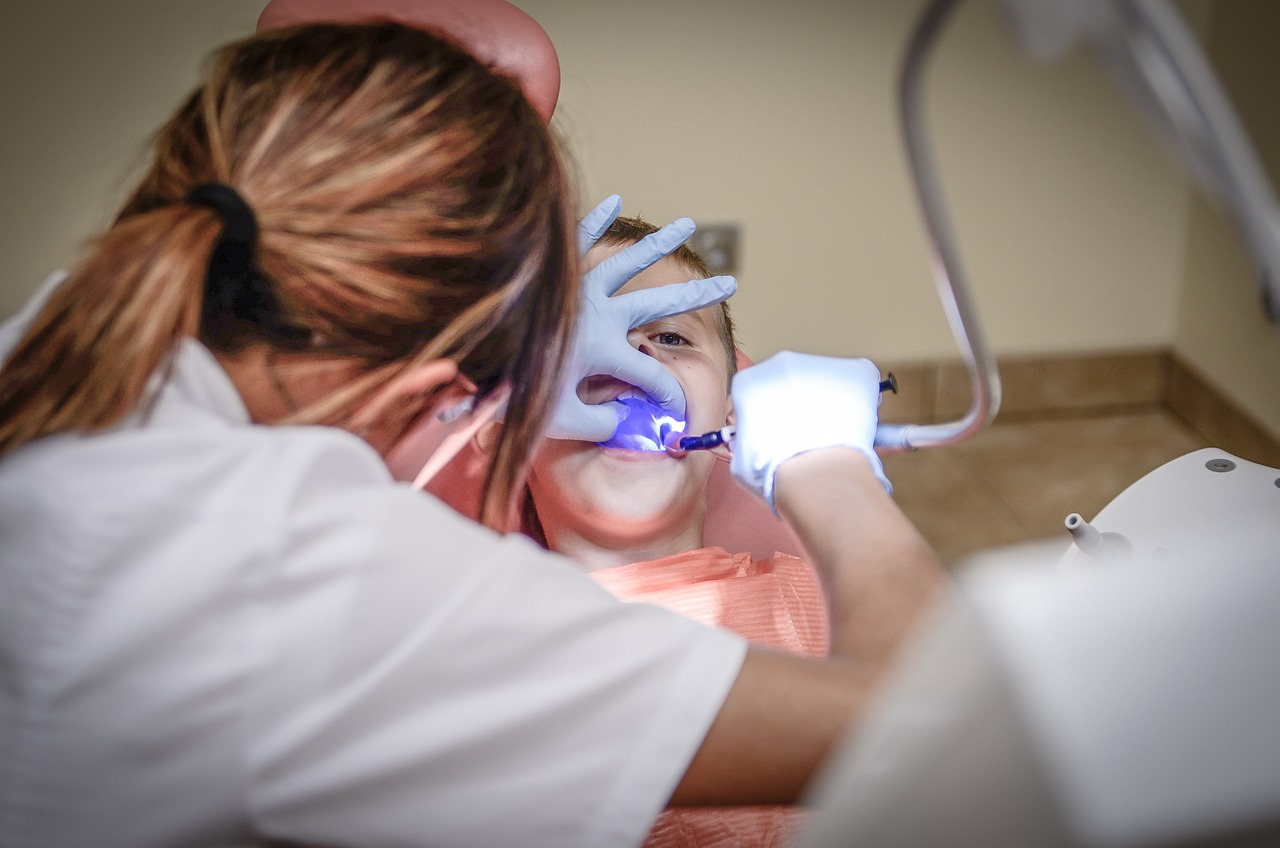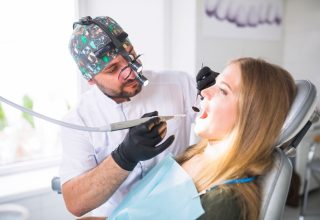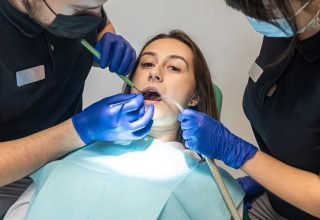7 Urgent Signs That You Should Visit The Dentist
Most people know the importance of visiting the dentist for a cleaning and dental exam at least twice per year. But there are also signs you may notice between dental visits that warrant contacting your dentist right away for emergency dental care.
If you notice any of these urgent signs, make an appointment with your dentist to address the issue as soon as possible. Prevention is better than cure. We hear it often, but how often do we actually apply it? Today, we will pinpoint some important signs which say, “It’s time for me to see a dentist.”
Contents
Warning Signs To Visit A Teeth Professional
In order to ensure great oral health, it is important to work on your teeth and gums before things go out of hand. Watch out for these signs right away:
Sign 1: Severe Toothache

A toothache that causes throbbing pain for a prolonged period and does not respond to over-the-counter pain medication is a dental emergency. Without treatment, the infection that is causing the toothache can spread and become much worse.
Call your dentist immediately to get started on a treatment plan, which may include an antibiotic and root canal procedure to relieve pain and save the tooth. Also, don’t forget to ask your dentist about the possible reasons that caused toothache in order to reduce the chances in the coming future.
Sign 2: Swelling Of The Face, Cheeks, Or Eyes
Swelling of the face, cheeks, eyes, or lymph nodes in the neck can indicate an infection in your salivary glands, gums, or teeth that requires urgent dental care. The swelling is typically accompanied by pain, redness, or tenderness. Isn’t it painful and equally embarrassing when your face, cheeks, or eyes get swollen due to a gum problem?
While swelling from a dental issue is usually minor, if your face is very swollen and painful or if the swelling does not subside after a couple of hours, contact your dentist immediately. They may prescribe antibiotics and possibly perform drainage procedures to relieve swelling.
Sign 3: Injured Teeth Or Loose Tooth
If a tooth is loose, chipped, or has experienced trauma from an injury, see your dentist as soon as possible for an emergency dental exam to determine treatment. There can be a variety of reasons why somebody loses their teeth or has a chipped one.
Minor chips or breaks may be repaired or smoothed out, while more severe damage or tooth avulsion will require procedures like a root canal or tooth extraction. The quicker you receive treatment, the better the chances of saving the natural tooth or reducing pain and complications from the injury.
Sign 4: Excessive Bleeding From The Gums Or Mouth
While brushed and flossed, gums may bleed a little; excessive bleeding of the gums and oral tissue is not normal and requires emergency dental care. Beyond dissipating after a few minutes, bleeding can indicate issues like advanced gum disease, oral cancer, or injuries inside the mouth.
Call the best dentist in DC immediately if bleeding is heavy, lasts longer than 10 minutes, or if the blood is dark in color. Seek emergency medical help if the bleeding does not stop, you feel lightheaded or faint, or you have trouble swallowing.
Sign 5: Abscess Or Cyst On The Gums

A swollen, pimple-like lesion on your gums can be a sign of an abscess or cyst that requires treatment by a dentist. An abscess may contain pus and will often be painful, while a cyst will appear as a clear or whitish bump and may not hurt.
Either condition should be evaluated promptly not only for drainage and healing procedures but also to check for any damaged or infected teeth. Without treatment, abscesses can lead to serious and often painful infections in the mouth and beyond.
Sign 6: Receding Gums
Healthy gums fit snugly around your teeth. Receding gums, however, pull away from the teeth, exposing more of the tooth below the enamel crown. Receding gums are a sign of bone and soft tissue loss, often caused by gum disease.
See your dentist if you notice your gums pulling away from your teeth, pockets forming around teeth, or increased sensitivity from receding gums. Treatment for receding gums may include deep cleaning, gum graft surgery, bone regeneration, or tooth extraction in severe cases.
Catching gum disease early offers the best chance for successful treatment and avoiding permanent bone or tooth loss.
Sign 7: Broken Dentures Or Difficulty Eating
If your dentures break while you’re wearing them or chewing, be very careful not to swallow any loose parts and contact your dentist for emergency repair or new dentures. Broken dentures can irritate your gums and mouth, make eating difficult, and may release materials you should not swallow. Seek medical help immediately if any part of the denture becomes stuck in your throat.
Dentures that are not fitting properly or securely can also make eating difficult by allowing food to get under them or impeding with bite and chewing motion. Call your dentist as soon as you notice a problem with your dentures to prevent irritation, infection and to restore your ability to eat normally again.
Wrapping It Up
Whether it is swelling, gums bleeding, or a brewing toothache, you must not suffer in silence. If you find any of the above signs, consult a dentist immediately. Seeking professional help in times of emergency, as it will take a moment for you to lose just one tooth.
You might also follow a lot of home remedies as well. No matter how severe or mild your toothache is, a dentist visit never hurts anyone. So, what are you waiting for? Call your dentist and book an appointment if you experience any such signs.
So, that was all about the signs to visit a dentist. We hope you found this article helpful. Let us know what your thoughts are about this by commenting below.
Read Also:
- Oral Health in Self-Isolation During COVID-19 Pandemic
- What You Need to Know About Growing Oral Health Concerns in New Hampshire
- Are Diabetes and Oral Health Related?



